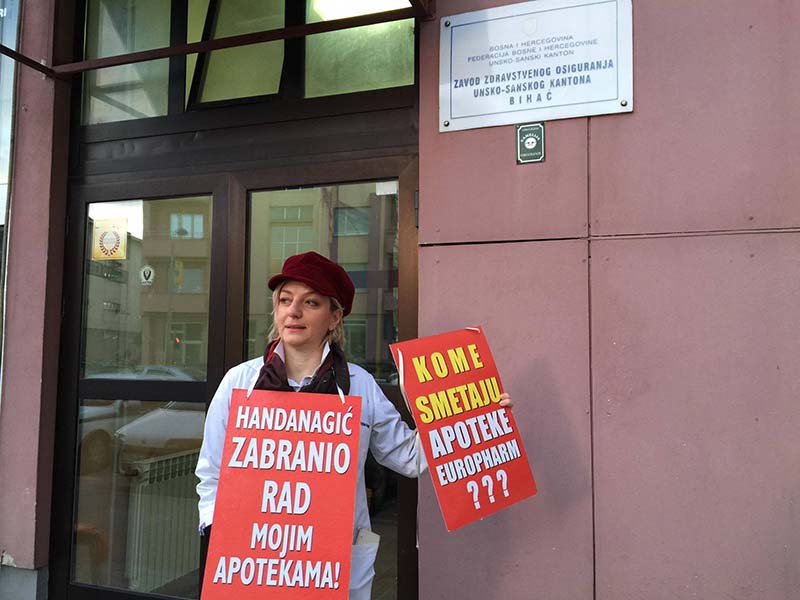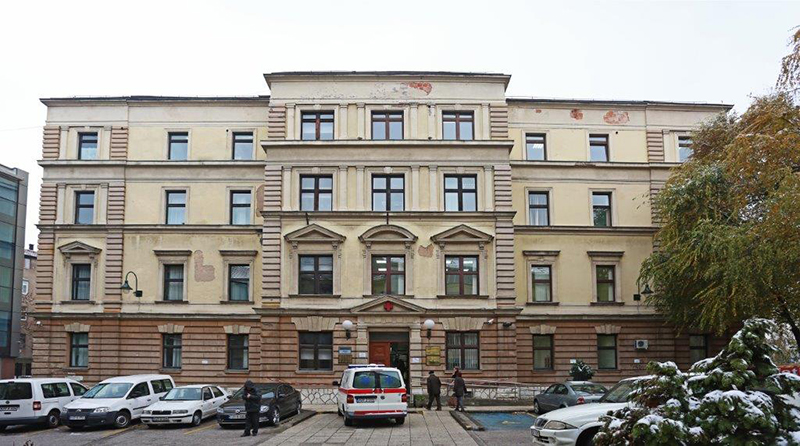The Federation of Bosnia and Herzegovina (FBiH) Ministry of Health has neither appointed the task forces for development and monitoring of action plans, nor has developed and Agenda for the implementation of the FBiH Rare Diseases Strategy during the period between 2014 and 2020.
The ministry officials assured the Center for Investigative Reporting in Sarajevo (CIN) that they planned to get the job done this year.
Zlatan Peršić, a public-relations advisor at the Ministry told CIN that nothing had been done for a number of reasons including: lack of money; waiting for a government cabinet to be set up so it could ratify their work plans; the appointment of health minister.
In June 2014, the government adopted a strategy that defined specific goals for the treatment of rare diseases over the following six year period, including setting up of a database, improving early diagnostics and giving additional training to health-care workers.
Every two years the ministry is supposed to come up with an action plan that would define specific activities, assign leadership to various agencies, give deadlines for implementation and allocate funds. However, the Strategy did not foresee deadlines for the completion of these action plans.
The Republika Srpska government adopted Program for Rare Disease of the period between 2015 – 2020, six months after the FBiH had its Strategy. But, from then on, the things got moving.
The RS program calls for appointment of a rare diseases coordinator who will cooperate with health care providers, international organizations and rare diseases patients. It also calls for establishment of a commission that will come up with annual plans and coordinate activities.
A Center for Rare Diseases is also envisioned that will provide additional education for health care workers dealing in these conditions, including help on diagnosing, treating and rehabilitating patients. A priority of the program is creation of a database of rare diseases and patients.
According to the records from the RS Ministry of Health and Social Protection, some of these activities have already been implemented. In Feb. 2015, the coordinator for rare diseases was appointed and soon after were followed the appointments of 14 members of the commission. The commission has come up with a number of recommendations with regard to the prevention and early spotting of rare diseases and these are being implemented.
Last October, with the commission’s backing opened the Center for Rare Diseases at the RS University Clinical Center. Ministry officials said that no additional money was spent for these activities because the commission members are working pro-bono.
Biljana Kotur, the president of the RS Association for Cystic Fibrosis and a vice-president of the RS Association for Rare Diseases, says that patients have already indirectly benefited from the activities which had been implemented within the Program.
“The Association has managed to implement numerous activities … and we are now expecting to see direct benefits for the patients,” said Kotur.
Rare diseases strategy and the Agenda for Rare Diseases were passed several months after CIN published a story about the issues facing rare disease patients – left to fend for themselves, without proper health care, needed specialists and drugs.
Rare diseases are those which hit one person out of 2,000 in a population. They are chronic, progressive and often lead to disability and death. Drugs for rare diseases are nicknamed orphans because they are not profitable to pharmaceutical industry on account of a small number of patients that need them.











